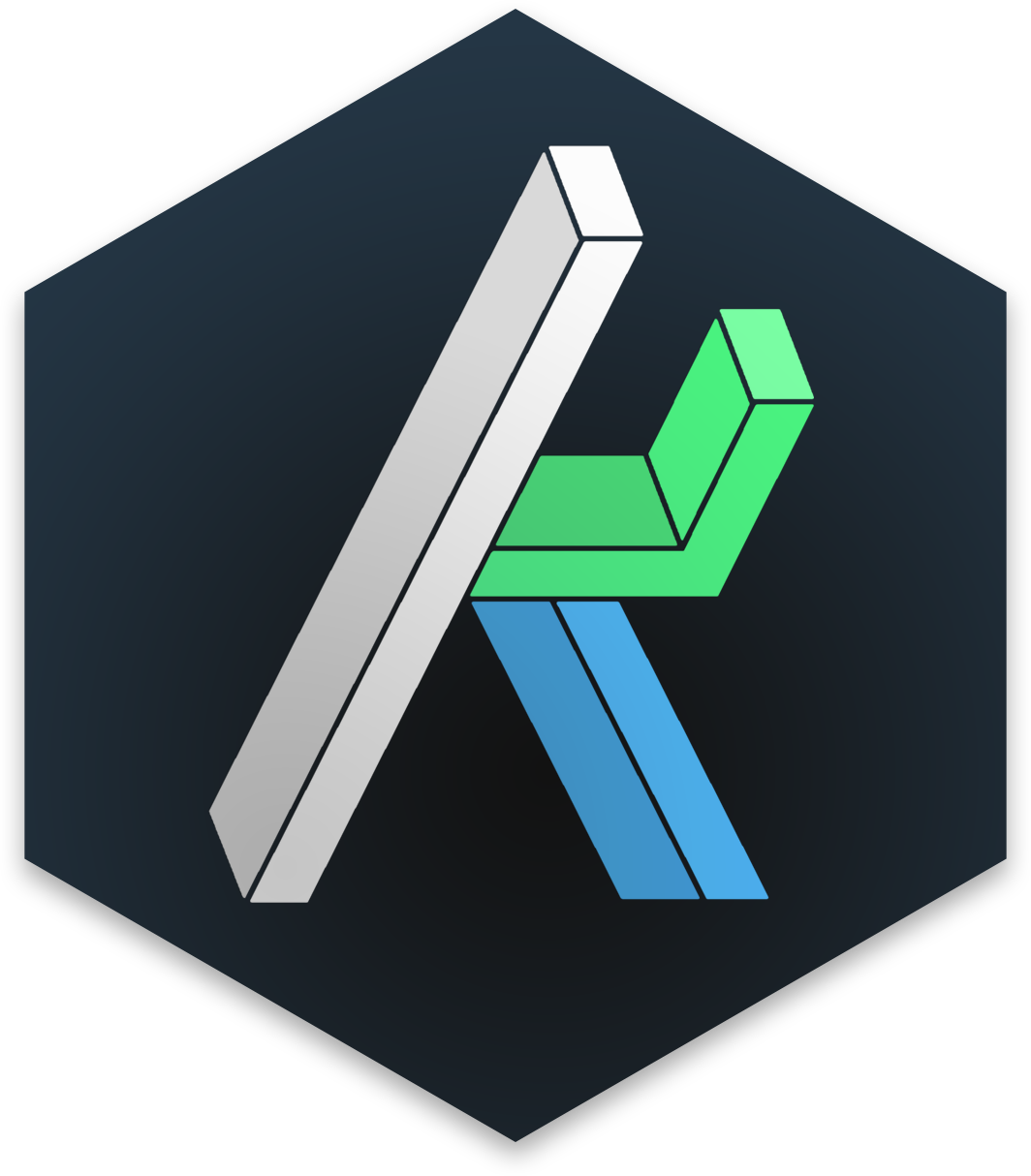- Easy-to-use syntax and feature parity for all protocols
- Flexible and extensible, load your own transports and serializers
- Multiplexing, session stores and packet encryption
- Can be used between servers or in the browser
- Lower resource footprint and over better throughtput than plain sockets
Bytes transfered
Call buffering can reduce payload sizes at the cost of some initial latency. This makes a huge difference when you need to send a large number of small packets, such as multiplayer games do. See Nagle's algorithm.
Hardware pressure
Giving profiles to your traffic output creates a more predictable load on the system and on the network. Furthermore, instantiating less network calls reduces the resource required exponantially. This means that your application can now run on less expensive machines!
npm install kalm
Server
const Kalm = require('kalm');
// Listening for incoming UDP transactions on port 6000
const server = Kalm.listen({
port: 6000
});
server.on('connection', (client) => {
// Subscribe to 'user.action' channel
client.subscribe('user.action', (req) => {
/*
req.body The body of the request
req.client The connection handle reference
req.frame The details of the network frame
req.session The session store for that connection
*/
});
// Broadcast to all connections subscribed to the channel 'user.join'
server.broadcast('user.join', { foo: 'bar' });
});
Client
import Kalm from 'kalm';
// Opens a connection to the server
// Port, transport and serial settings should match
const client = Kalm.connect({
hostname: '0.0.0.0', // Server's IP
port: 6000 // Server's port
});
client.write('user.action', {body: 'This is an object!'});
client.subscribe('user.join', () => { //... });Transports [wiki]
| Name | Module |
|---|---|
| IPC | Kalm.transports.IPC |
| TCP | Kalm.transports.TCP |
| UDP | Kalm.transports.UDP |
| WebSockets | kalm-websocket |
Serializers [wiki]
| Name | Module |
|---|---|
| JSON | Kalm.serials.JSON |
| MSG-PACK | kalm-msgpack |
| Snappy | kalm-snappy |
null |
No transformation (data must be a Buffer or UInt8Array) |
Profiles
| Name | Module | Condition |
|---|---|---|
| dynamic | Kalm.profiles.dynamic |
Triggers based on buffer size and maximum time range (default) |
| heartbeat | Kalm.profiles.heartbeat |
Triggers at a fixed time interval |
| threshold | Kalm.profiles.threshold |
Triggers when buffer reaches a certain size |
| realtime | Kalm.profiles.realtime |
Triggers immediatly on writing to a queue |
| manual | Kalm.profiles.manual |
Need to process queues by hand |
Loading transports, profiles and serializers
// Custom adapter loading example
const Kalm = require('kalm');
const ws = require('kalm-websocket');
const msgpack = require('kalm-msgpack');
const server = Kalm.listen({
port: 3000,
transport: ws,
serial: msgpack,
profile: { tick: 5, maxBytes: null } // Triggers every 5ms
});You can optionaly enable payload encryption by simply putting a String/Number value to the
secretKey property of both your client and server. The key has to be the same on both sides.
For better security, the key needs to be at least 16 characters long.
A null value (default), means no encryption.
Unit + Smoke tests
npm test
Benchmarks
node tests/benchmarks
Kalm uses debug
export DEBUG=kalm
Please do! This is an open source project - if you see something that you want, open an issue or file a pull request.
If you have a major change, it would be better to open an issue first so that we can talk about it.
I am always looking for more maintainers, as well. Get involved.
Apache 2.0 (c) 2017 Frederic Charette



